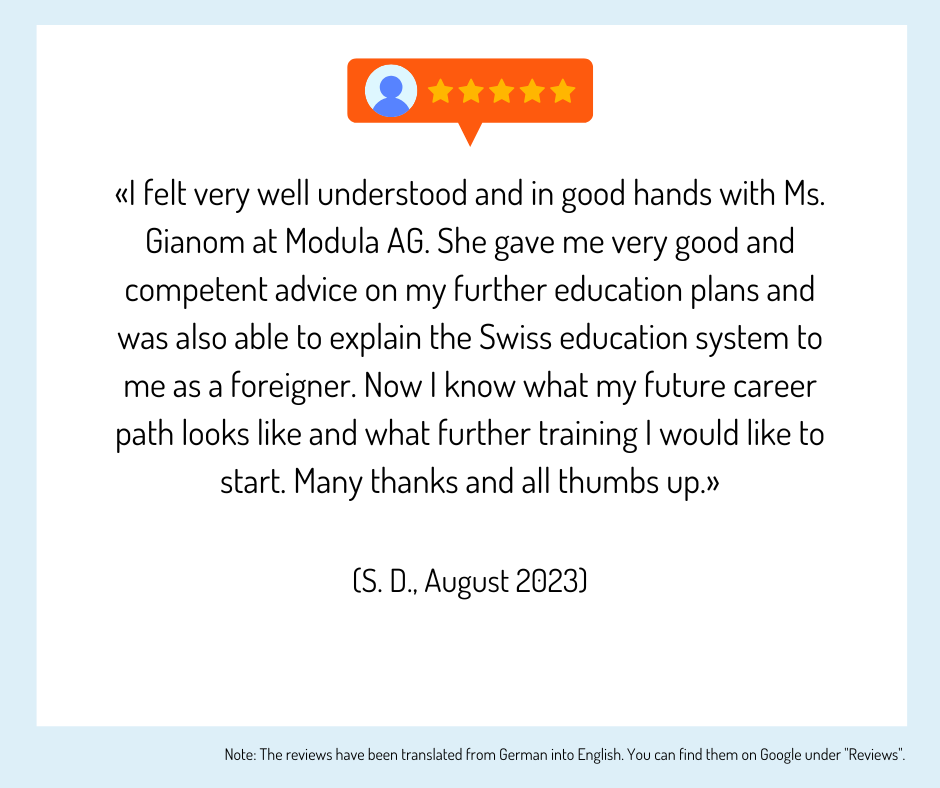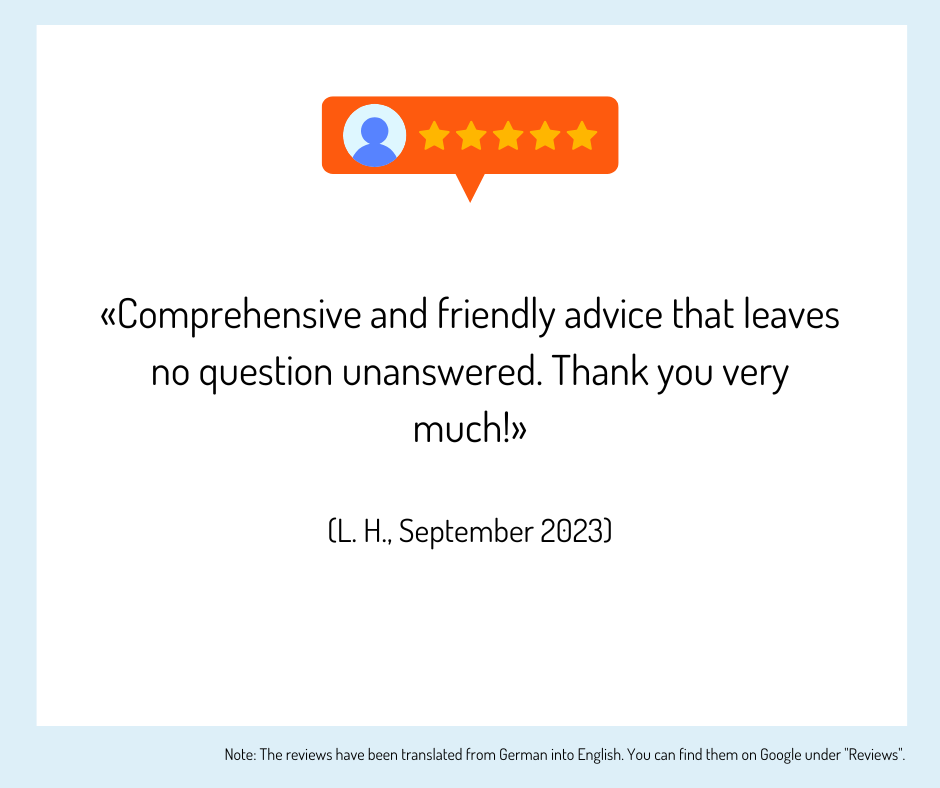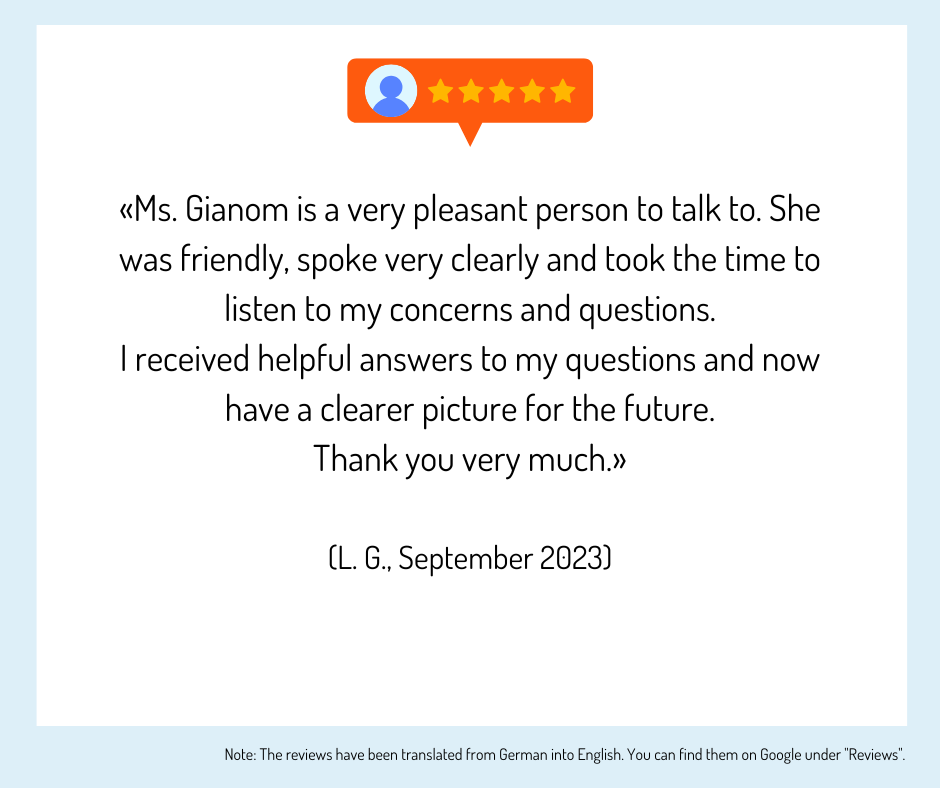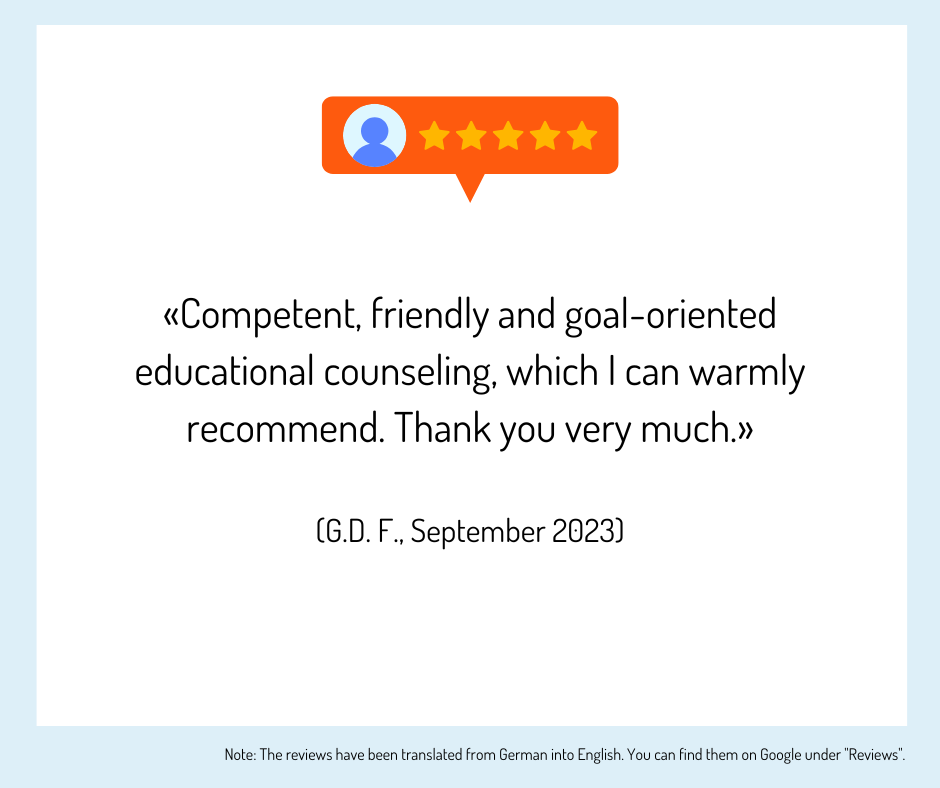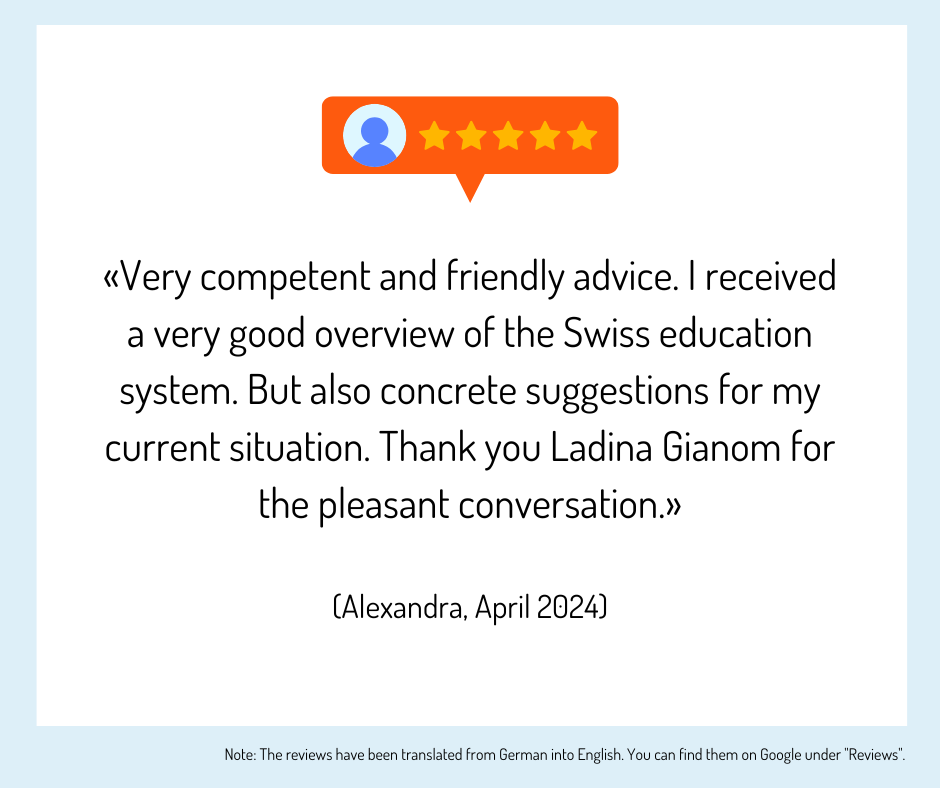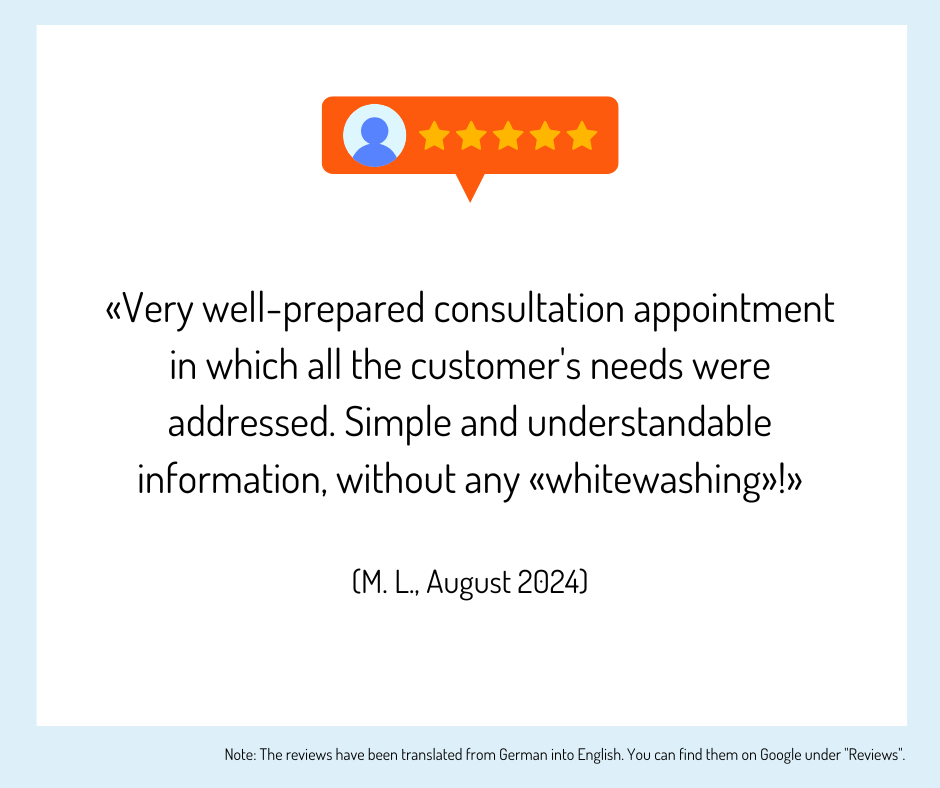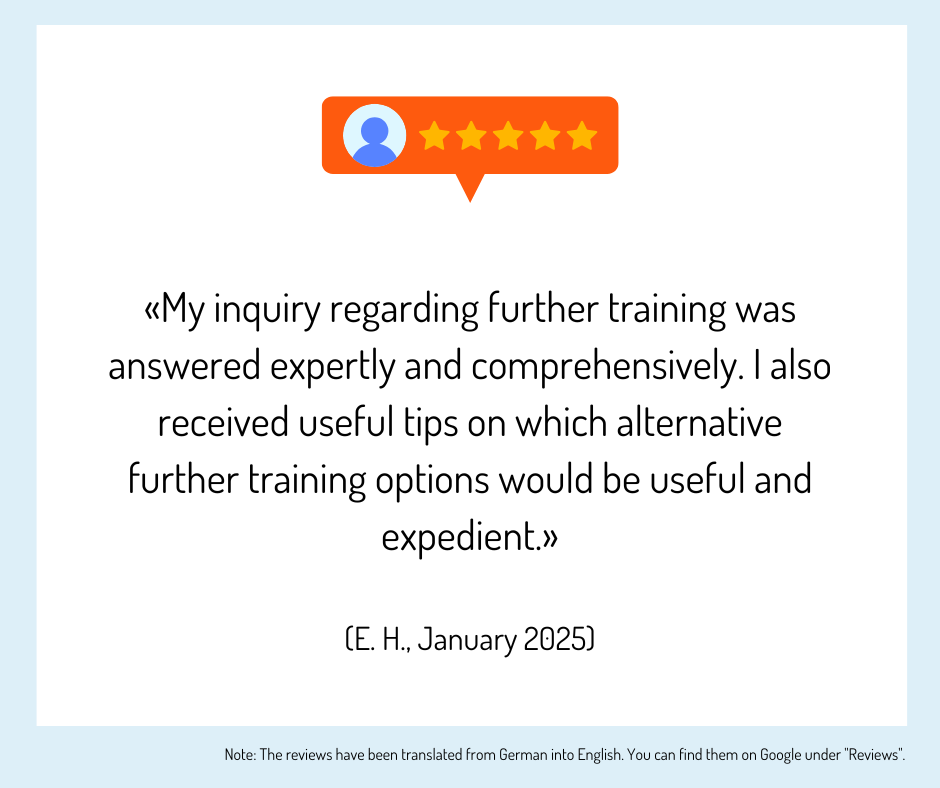Child education studies: Overview of offers and providers
Studying at the College for Childhood Education
Questions and answers
What do I learn in a child education or childhood education degree program?
Please note: The CHE Childhood Education degree program has been revised; the subject has been called "Childhood Education" since 2021 and leads to the degrees "Dipl. Kindheitspädagoge CHE" or "dipl. Kindheitspädagogin CHE".
The CHE course in Childhood Education imparts extensive skills to be able to carry out specialist and management activities in family or supplementary school care. This means that graduates are able to provide children with comprehensive professional care, promote child development at all levels, observe and document child development, develop and implement pedagogical concepts and lead a team. Prospective childhood educators (formerly: child educators) also learn to carry out individual and comprehensive reflection, accompany and work with parents, maintain and work with external networks, comply with professional laws and regulations and carry out administrative and organizational tasks.
Is it necessary to have a high school diploma to study childhood education or child education?
No. A school-leaving certificate is not required to study child education or - as the course has been called since 2021 - to become a certified childhood educator at a College of Higher Education (CHE). Completion of a vocational apprenticeship with a Federal VET Diploma plus 800 hours of practical experience in a childhood education institution is sufficient as a qualification for this CHE course.
Is it true that childcare professionals can complete a shortened childhood education degree?
Yes, it is true that childcare specialists (FaBe) with a Federal Diploma of Vocational Education and Training (VEToma) can graduate more quickly in child education or childhood education - as the field has been called since 2021. The continuing education, further training to become a certified childhood educator CHE comprises only 3600 learning hours for them instead of the 5400 learning hours that must be completed without relevant previous training.
Do I already need an apprenticeship qualification in childcare to study child education?
No. An apprenticeship qualification as a FaBe (Fachmann/Fachfrau Betreuung) with Federal VET Diploma is not mandatory for studying child education or training to become a certified childhood educator CHE, as the degrees have been called since 2021.
However, if you have another professional qualification with a Federal VET Diploma, you will need 400 hours of practical experience in the field of childhood education to be admitted to the CHE course in childhood education. If you have a purely academic upper-secondary level qualification, i.e. a Matura or a secondary school leaving certificate, you must be able to demonstrate 800 hours of practical experience in the field of childhood education. In any case, you must also pass an admission procedure.
Is it also possible to study child education or childhood pedagogy while working?
Yes, the CHE training course to become a child educator CHE or childhood educator CHE, as the training and qualifications have been called since 2021, can be completed alongside work, both the purely school-based training with integrated internships and the dual training course with relevant professional activity and practical support.
How extensive is the full-time childhood education degree program?
Attention: The names of the child education training and degrees were changed in 2021. Since then, the degrees have been called "dipl. Kindheitspädgoge CHE" and "dipl. Kindheitspädagogin CHE" (previously: dipl. Kindererzieher CHE / dipl. Kindererzieherin CHE).
The scope of study for the course in childhood education at a College of Higher Education (CHE) depends on the previous education. It amounts to at least 5400 learning hours for participants without a relevant Federal VET Diploma (e.g. care specialist) and at least 3600 learning hours for participants with a relevant Federal VET Diploma - both in full-time and part-time courses.
With a total of 5,400 hours, 1,800 hours are spent on contact learning and, depending on the training model, 900-1200 hours on self-study, up to 1,800 hours on practical training and 600 hours on the final examination phase.
With a total of 3600 hours, 1200 hours are accounted for by contact learning time and, depending on the training model, 600-900 hours by self-study, up to 900 hours by practical training and 600 hours by the final examination phase.
Erfahrungen, Bewertungen und Meinungen zur Ausbildung / Weiterbildung
Haven't found the right training or further education yet? Benefit from educational advice now!
Further training is not only important in order to maintain or increase professional attractiveness, investing in training or further training is still the most efficient way to increase the chances of a pay rise.
The Swiss education system offers a wide range of individual training and further education opportunities - depending on your personal level of education, professional experience and educational goals.
Choosing the right educational offer is not easy for many prospective students.
Which training and further education is the right one for my path?
Our education advisory team will guide you through the "education jungle", providing specific input and relevant background information to help you choose the right offer.
Your advantages:
You will receive
- Suggestions for suitable courses, seminars or training programs based on the information you provide in the questionnaire
- An overview of the different levels and types of education
- Information about the Swiss education system
We offer our educational counseling in the following languages on request: French, Italian, English
Register now and concretize your training plans.
